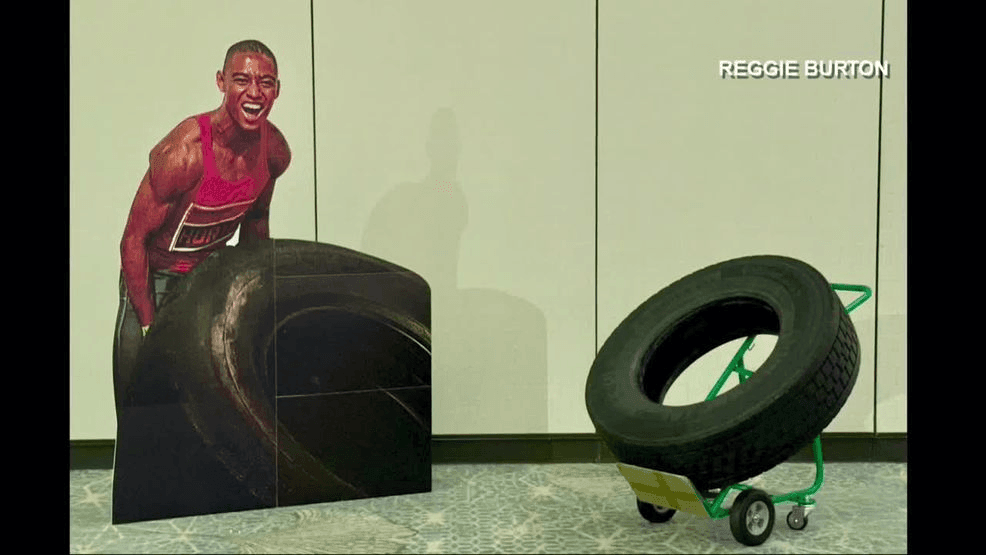LAS VEGAS (KSNV) — After Reggie Burton lost his son to suicide, he put his pain into breaking down what he calls the stigma around mental health challenges.
First, he created the non-profit, the Avery Burton Foundation, which is also a partner of our Mental Health Matters Series.
Now, he’s written a book, ‘Becoming A Mental Health Champion.’
Marie Mortera spoke to Burton in this interview, which has been edited for clarity and length.
RB: Ultimately, most of us have gone through challenges, loss, divorce. We call these events transitions and I think what these transitons do is take us through these journeys we don’t want to go (including) isolation but what it did for me, it was a reveal: lean into grief, acknowledge it happened, and my son isn’t here and now what? And what became the Avery Burton Foundation and scholarship and opened the doors to conversations about mental health.
MM: Mental health advocacy for men and fathers is one of those things you talk about in the book. Are those tools different from other groups of people?
RB: Maybe (you were) raised to be stoic, keep up your chin and keep it all in and your head held high and we don’t talk about these things. I want to address that as stigma and that stigma we don’t have to conform to that. We can take another road and explore how we can be different and raise my children different from how I was raised.
MM: You also talk about the role of the athlete. Avery was a phenomenal athlete how does athleticism weave through the book?
RB: In the journey to the Stanley Cup, there was head coach Bruce Cassidy about winning and this phrase, ‘Winning Hurts,’ and I started thinking about that more deeply after the celebrations and champagne was spilled everywhere because there is a cost in winning, physically and mentally, and the Raiders coach, Pete Carroll wrote a book, and it has similar leadership traits of embracing the pain of winning.
MM: May I bring Avery into the conversation? What would he say about this book?
RB: I think Avery would be over the moon, so excited to see how much progress we’ve made over these 7 to 8 years, and a lot of it has to do with the intentionality of how we’re moving and we’re being intentional about telling these stories on Mental Health Matters. You never know how it’s going to impact someone and I think that’s the most beautiful thing of what we’re doing.
